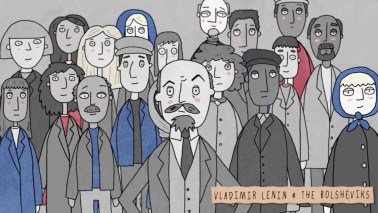I’m not one of these teetotallers who frowns on people who imbibe, like an angsty ex-smoker who petulantly swats away vape fumes. It would be rather hypocritical because for years, I was what you would describe as a ‘problem’ drinker. In the sense that, every time I drank it caused problems, not only for me but anyone in the vicinity.
You know those people who end up going home in an ambulance instead of a taxi? That was me. Alcohol didn’t make me unwind; it made me unravel. Having grown up with an alcoholic mother I knew I wasn’t addicted to the stuff — it was more a case of bring allergic to it. So after a solid 15 years of drunken escapades, most of which I don’t remember, I knocked it on the head.
That was about a decade ago. I don’t know exactly. I don’t count the days, unlike those who consider abstinence to be some sort of prison sentence. If anything, I feel quite free — compared to those poor souls who struggled through dry January as if it were a form of self-inflicted purgatory. So go ahead, have one for me. But must you always feel the need to?
The mere fact that Brits were reduced to furiously googling ‘dry January tips’ after emerging, bleary-eyed, into the start of a new decade, suggests that the nation’s relationship with alcohol is way beyond abusive. For far too long now, booze has become a weapon of coercive social control. Take one ‘drink aware’ website which somewhat hysterically advised the gin-deprived to: ‘Keep reminding yourself of the benefits!’
Staying sober at a wedding is less socially acceptable than jumping the groom during the speeches
It added: ‘Checking off another No Drink Day on your Drink Tracker is a sure-fire way to keep you motivated throughout the month,’ as if appealing to addicts shooting up crystal meth.








Comments
Join the debate for just £1 a month
Be part of the conversation with other Spectator readers by getting your first three months for £3.
UNLOCK ACCESS Just £1 a monthAlready a subscriber? Log in